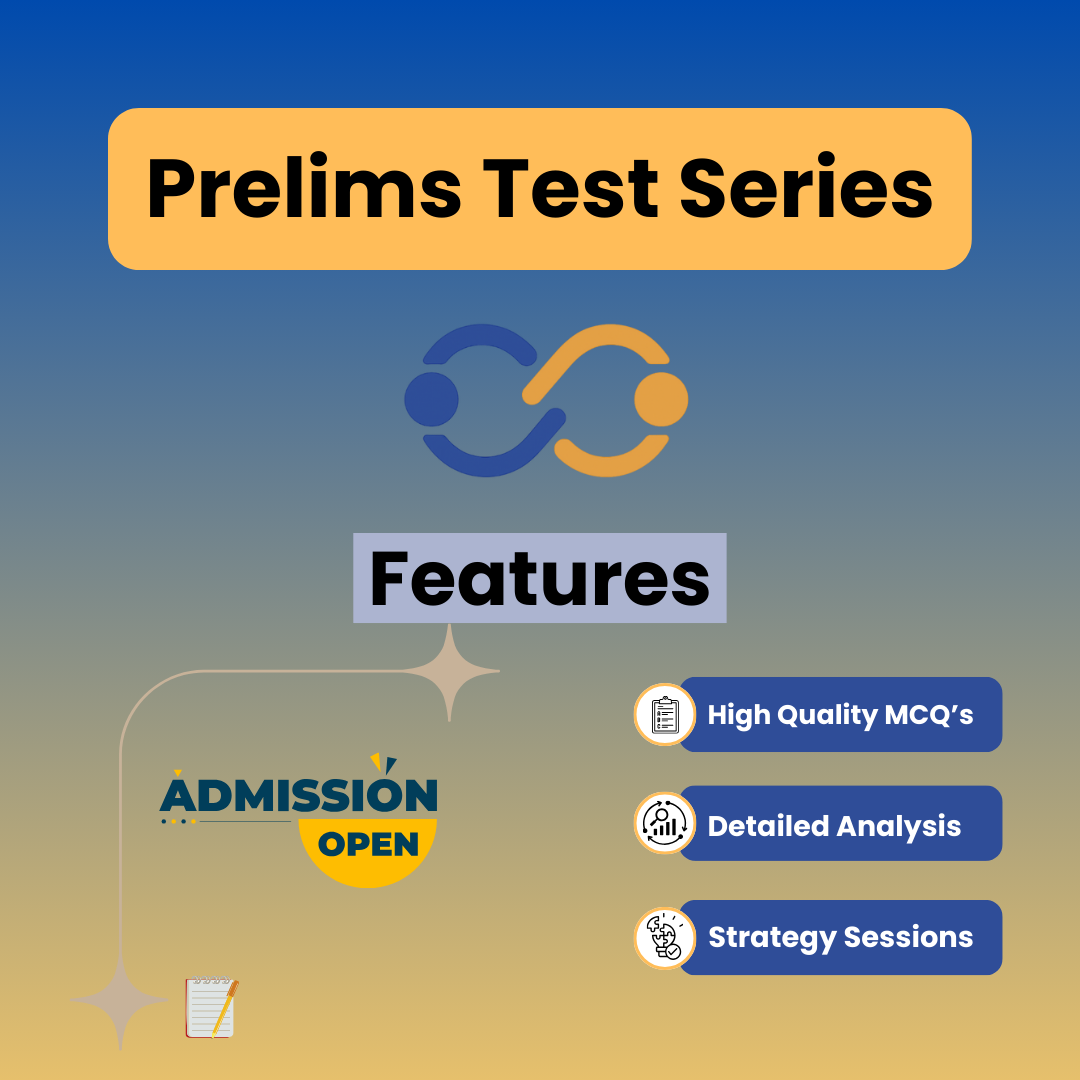India is on the brink of introducing two powerful new antibiotics—Cefiderocol and Cefepime-zidebactam. However, experts warn that without clear usage regulations, these last-line drugs could be misused, worsening the country's already critical problem of antimicrobial resistance (AMR).
Summary
- Issue: Overuse of powerful antibiotics like ceftazidime-avibactam is causing resistance.
- Expert Voice: Dr. Abdul Ghafur has urged the Drugs Controller General of India (DCGI) to frame strict guidelines on new antibiotics.
- Drugs Highlighted:
- Ceftazidime-avibactam – already misused in India.
- Cefiderocol & Cefepime-zidebactam – soon entering Indian market.
- Concern: Resistance is developing even to last-line combinations, due to irrational use.
- Call to Action: DCGI should implement antibiotic stewardship to protect remaining therapeutic options.
1. What is Antimicrobial Resistance (AMR)?
- AMR occurs when bacteria evolve to resist the effects of antibiotics, rendering treatments ineffective.
- India is among the worst affected globally, due to:
- Over-the-counter (OTC) sales
- Poor antibiotic regulation
- High infectious disease burden
2. Role of DCGI
- Drugs Controller General of India (DCGI) is responsible for:
- Approval of new drugs
- Laying down usage guidelines
- Ensuring rational drug use
- Current issue: Only indications are issued, no enforcement on misuse or irrational prescriptions.
3. The Case of Ceftazidime-Avibactam
- Approved in the U.S. in 2015, introduced in India in 2018.
- Designed to treat carbapenem-resistant infections (last resort cases).
- Now misused as broad-spectrum therapy, leading to resistance even when combined with aztreonam.
4. New Threats – Cefiderocol & Cefepime-zidebactam
- Potent, last-line antibiotics, soon to be introduced in India.
- Urgent need for:
- Restrictive use
- Regulatory pathways
- Antibiotic stewardship from Day One
5. Past Success – Ban on Colistin
- India’s 2019 ban on colistin in poultry was a milestone in AMR control.
- Unregulated human use now risks undoing those gains.
6. Public Health Relevance (RAS Mains)
- National Action Plan on AMR (2017–21) emphasized:
- Regulation of antibiotics
- Infection prevention and control
- Misuse of last-line antibiotics can lead to:
- Treatment failures
- Higher healthcare costs
- Longer hospital stays
- Higher mortality
- Policy Gap: India lacks a centralized prescription control system for antibiotics.
Conclusion
India stands at a critical crossroads in the fight against AMR. Without timely intervention by DCGI, irrational use of potent new antibiotics could lead to massive public health crises. It is not merely a medical issue but a policy and governance challenge. As future administrators, understanding this linkage is crucial for promoting public health security and sustainable health systems.
MCQs for Practice
Q1. What is the main concern raised about the new antibiotics like ceftazidime-avibactam in India?
A. Their availability in rural areas
B. Their high cost
C. Their misuse leading to antimicrobial resistance
D. They are not effective against bacteria
Answer: C
Q2. Which government body is responsible for regulating drug approvals and issuing usage guidelines in India?
A. NITI Aayog
B. DCGI
C. ICMR
D. CDSCO
Answer: B


